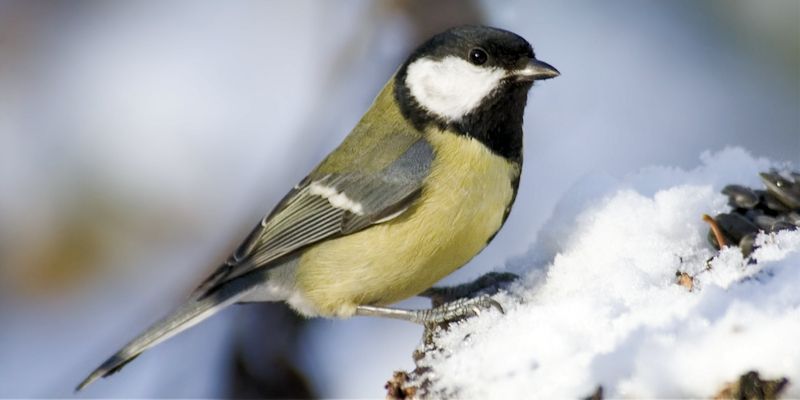
July's round-up of some of the latest research and education stories from the University.
Who should pay for our parks?
A new report, led Dr Anna Barker, from Leeds’ School of Law, argues that charitable giving has an important but limited role in bridging the funding gap and stimulating greater civic engagement.

The report calls for a national debate on who should pay for the UK’s much-loved public parks and green spaces. Three quarters of the population are due to visit their local park at least once a fortnight during the summer, but local authorities have no statutory duty to maintain public parks.
Edible insects could be a key ingredient to avoiding a food crisis
The rapidly changing climate and an expanding global population are serious risks for worldwide food security. Edible insects have a high nutritional value and significantly lower carbon footprint compared to meat production and are a viable option as a sustainable source of protein.

However, new research from the University of Leeds and University of Veracruz in Mexico found there are still significant barriers to overcome before they are part of the mainstream.
Study author Dr Alan-Javier Hernández-Álvarez commented:
The 'ick factor' remains one of the biggest barriers to edible insects becoming the norm. Eating behaviour is shaped largely during early childhood and in Western countries, eating insects, especially in whole and recognisable forms, remains something seen mostly on TV shows.
Watch the Research Spotlight
Animals are adapting too slowly to climate change
An international team of more than 60 researchers, including Dr Christopher Hassall from the University of Leeds have evaluated more than 10,000 scientific studies to assess whether animals can respond to changing environmental conditions.

Their paper showed that although animals do commonly respond to climate change, such responses are in general insufficient to cope with the rapid pace of rising temperatures. In some instances species’ responses were found to lower their ability to survive.
Leeds develops new international framework to calculate carbon budgets
Carbon budgets are a popular tool for guiding climate policy and have been used by scientists as a core component for analysing and estimating potential climate scenarios under different carbon constraints.
An international team of scientists, including researchers from the University of Leeds, have produced a new framework for calculating carbon budgets that can help reconcile differences in remaining carbon budget estimates and can provide a basis for narrowing uncertainties in future estimates.
This work will help define carbon emission reduction targets more clearly as part of urgent attempts to tackle climate change. Scientists have developed five factors for defining the remaining climate budget.
Follow our climate research from The Priestley Centre on Twitter.